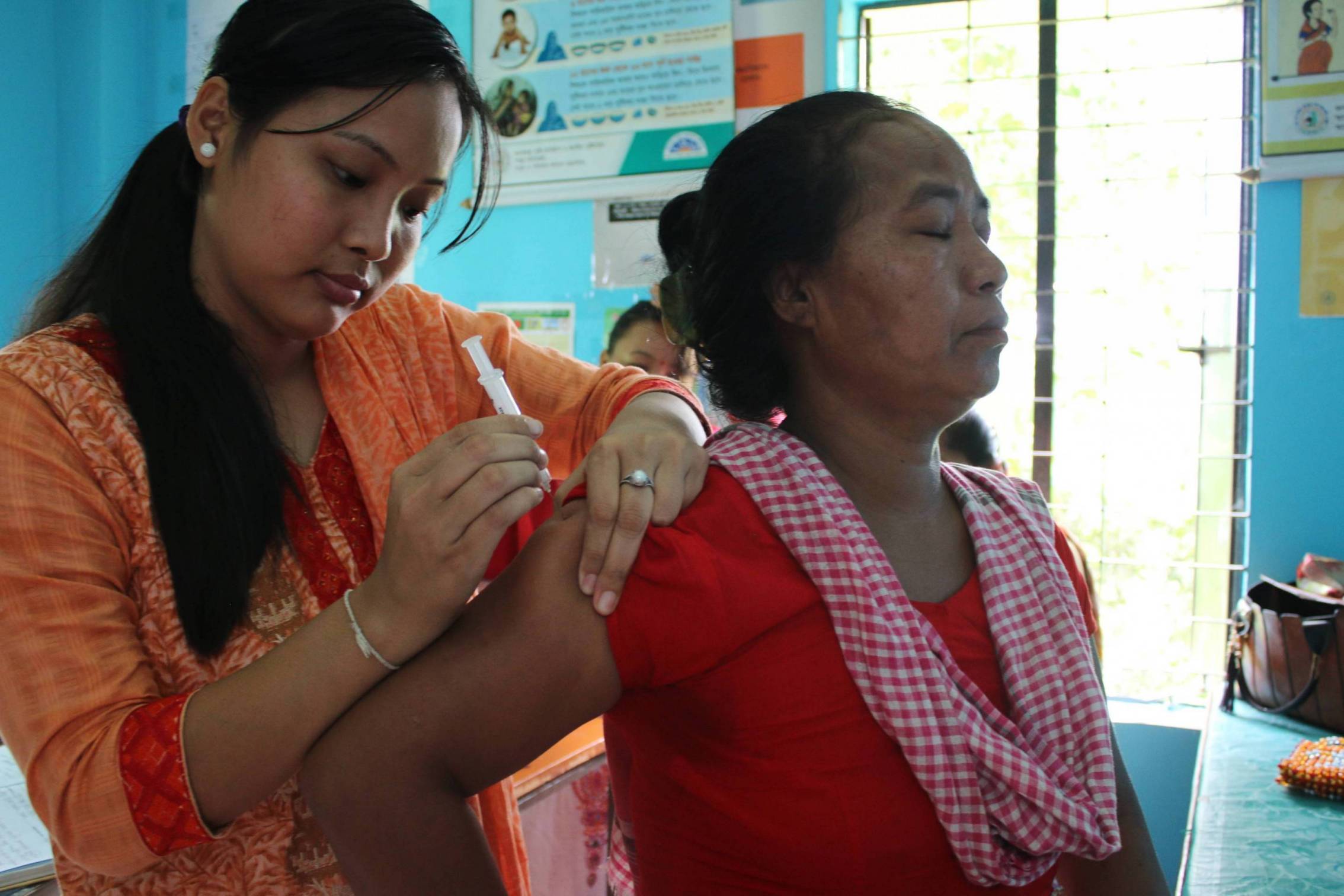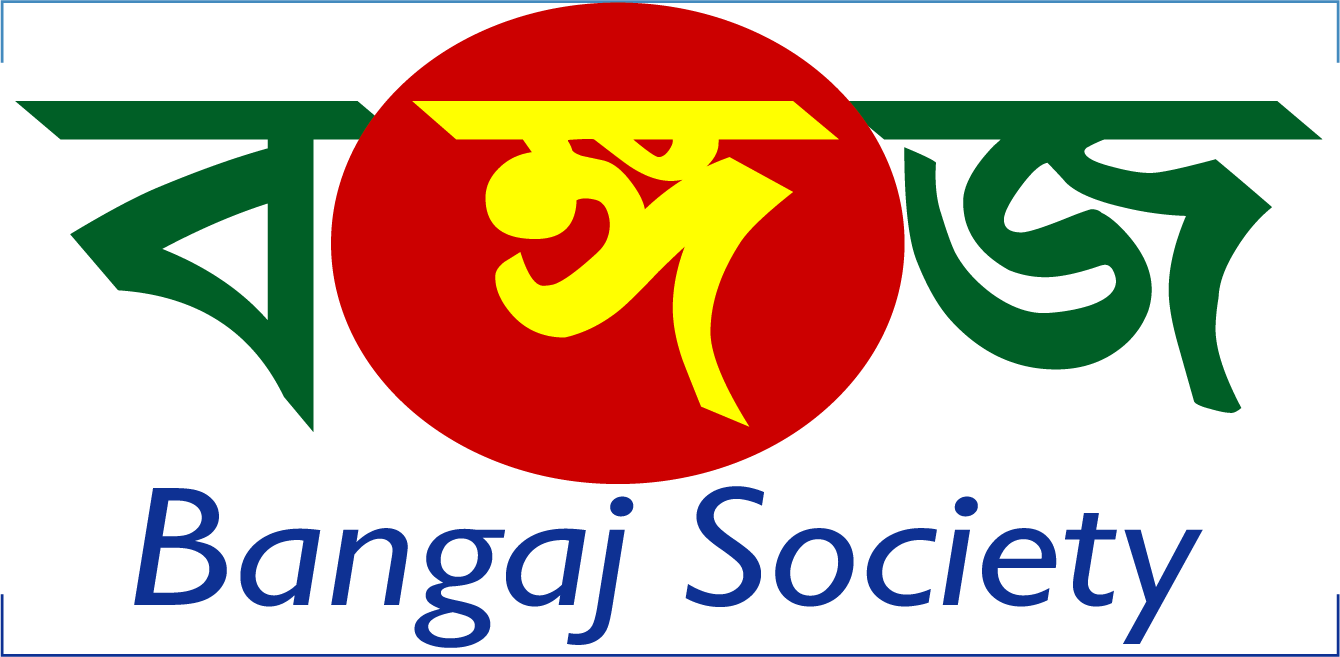
Almost 98% in Bangladesh has access to an improve source of drinking water that is they are having water from pipe (14% into the dwelling, 9 % in yard 8% public tap or standpipe), tube well (67% in urban areas, 94% rural areas), in protected well, rain or bottle. Lack of proper sanitation facilities is the cause of diarrhea, dysentery, and typhoid. Only 57% of the population uses an “improved” sanitation facility. Menstrual hygiene management remained a challenge, especially in schools. In a survey it was found that, among menstruating girls and women, old cloth was the predominant menstruation management material (82‐86%) among which 12% of school girls, 23% of girls at home and 27% of women washed cloth appropriately. 40% of surveyed girls reported that they miss school during menstruation for a median of 3 days a month.
Objectives of the programme:
The objectives of the HHMC programmes are
- To improve access to medical and health care facilities by the mother and children of disadvantages communities at rural and urban area and improve their nutrition status
- To improve the Water Sanitation and Hygine (WASH) condition of urban and rural poor
- To promote indigenous medical knowledge and natural resources for treatment
Strategies and Actions:
- Promotion of inclusive health
- Sensitization and Capacity building of local health service providers
- Health awareness to the community people
- Partnership and networking with government and private health service institutions at national and sub-national level
- Provision of affordable specialized quality health service and nutrition facilities at community level
- Promotion of community partnership and ownership and engaging local government
- Research for policy advocacy and campaign
- Advocacy issues- focused on gender, child safeguarding and mental health
- Awareness on change hygiene behavior
- Health and nutrition service during disaster and rehabilitation period
- Capacity building of partner NGO on health, nutrition and WASH issues
Issues Covering Presently-
- WASH in Urban Area
- Eye Care
- Screening
- Child nutrition
- Health Education
- Primary health care and others
